3 Side Effects That Tell You Why Thyme May Not Always Be Good
Know the negatives of this powerful herb before making it a part of your diet.
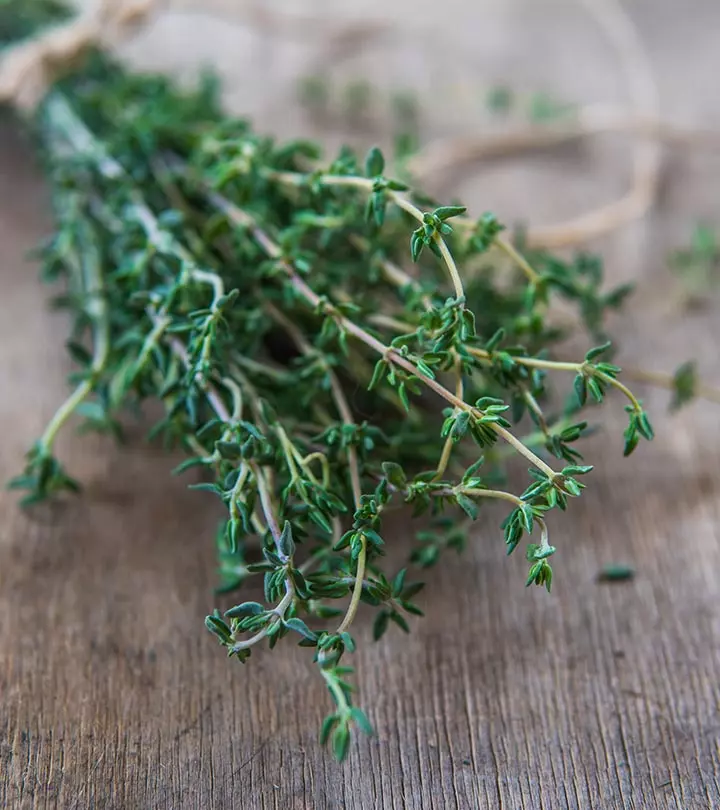
Image: Shutterstock
Thyme is traditionally used in Mediterranean dishes and for medicinal purposes. However, a few side effects of thyme might make you reconsider consuming them. According to the research, thyme can treat various health problems, including sore throat, diarrhea, and arthritisi An inflammation, swelling, or stiffness of one or more joints, causing pain that worsens with age. . However, some people may experience adverse reactions. This article examines the side effects of thyme, its safety, and recommended dosage. Take a look below.

 Know The Flip Side: Thyme
Know The Flip Side: ThymeShort-Term Effects
May cause migraines, contact dermatitis, heartburn, vomiting, stomach upset, and sore throat.
Long-Term Effects
May aggravate asthma conditions, cause inflammation of urinary tract infections, low blood pressure and decreased TSH hormone levels, and complications in pregnancy.
Drug Interactions
None.
When To See A Doctor
If you experience excessive gastrointestinal discomfort, diarrhea, very low blood pressure levels, severe migraines, and breathing difficulties.
In This Article
How Can Thyme Cause Side Effects?

Although thyme benefits are well known and it is a valuable addition to your lifestyle, it still has some side effects that you need to be aware of. One reason could be that thyme belongs to the mint family. Sensitivity to plants in the mint family (like thyme or oregano, for example) is well known. If you are allergic to plants in this family, you could be allergic to thyme as well (1).
Excess intake of thyme has also been associated with negative effects like migraines, headaches, stomach pain, and dizziness. This can be attributed to the volatile oils in the herb, which may cause issues in certain individuals.
 Trivia
TriviaKey Takeaways
- Some people may experience allergic reactions and skin rashes from thyme.
- Thyme may trigger migraine.
- Use of thyme essential oil should be cautious as it can be hazardous when swallowed or used topically in big doses.
- Oral thyme may cause muscle weakness.
What Are The Side Effects Of Thyme?
1. Can Cause Headaches

Studies show that thyme can activate the TRPA1 channel 1 in the human system, which can trigger migraine headaches (2). These channels are activated by the reactive oxygen species2 and are also present at the sites of inflammation during oxidative stress.
Activation of TRPA1 channels was also found to trigger inflammation on sensory nerve endings, which are similar effects observed while smoking.
2. May Cause Asthma

Thymol, the main constituent of thyme, was recognized as a potent asthmageni Any substance that can trigger asthma through inhalation and worsen its symptoms if you already have it. . It is also a respiratory sensitizer, which can aggravate respiratory problems (3).
3. Can Lead To Skin Allergies

Farmers involved in processing thyme were found to have symptoms of contact dermatitis. This allergic skin irritation, as per the study, was concluded to have been caused by thyme dust the farmers would be in contact with as an occupational hazard (4).
 Trivia
TriviaSome other side effects of thyme have been reported. Though more research is required, it is important you know about them (5).
- Hypotension
Allergic response to thyme may cause hypotensioni A sudden drop in blood pressure, which can cause dizziness or fatigue because the brain doesn’t receive enough blood. , as observed in a 45-year old man. Some sources even hint cardiac arrest upon the intake of thyme oil. This may also lead to seizures or coma in people on specific medication or belonging to the high-risk group.
- Gastrointestinal Issues
Oral thyme and its oil may lead to heartburn, stomach pain, diarrhea, nausea, vomiting, and gastrointestinal irritation.
- Endocrine Health
Thyme extracts may decrease levels of the thyroid stimulating hormone, possibly harming the health of the endocrine system, and causing hormonal imbalances.
- Urinary Tract Infections
Oral thyme might aggravate inflammation associated with urinary tract infections.
- Muscle Weakness
Oral thyme may also cause muscle weakness in some individuals.
- Possible Issues During Pregnancy
Due to lack of sufficient data, thyme is also not recommended during pregnancy and lactation.
- Increased Bleeding
Thyme is a natural blood thinner. It disrupts the synthesis of vitamin K, which aids in the normal blood clotting process (N).
- Liver And Kidney Damage
According to research, high doses of thyme can cause toxicity. Even though the major impact of thyme toxicity was observed mostly in the respiratory tract, liver inflammation is also a side effect that can cause liver damage in the long run(N). Studies conducted on rats have also shown that high concentration of thyme intake may cause necrosis, and congestion of the renal vessels(N).
Those were the side effects of thyme. Is there a way you can prevent them? Let’s find out!
How Can You Prevent These Side Effects?

Be wary of the dosage. There is no specific dosage for thyme, and it all depends on the individual. Hence, consult your doctor and stick to the dosage suggested by them.
The next section covers some important consultation recommendations that may help reduce the risk of negative reactions further and ensure the safe use of thyme. Read on!
Consultation Recommendations
It is essential to consult a doctor before adding thyme to your diet, especially in medicinal form. This is particularly important for people who already have health issues or who are pregnant or nursing. This ensures both usage appropriateness and safety.
You should also consider consulting a nutritionist or dietician if you have additional health issues but want to add thyme to your diet. They can provide you with a good meal plan based on your doctor’s recommended thyme dosage. Additionally, some herbs may lose some of their nutrient content when cooked in certain ways. A nutritionist can help you navigate these issues.
Infographic: Side Effects Of Thyme
Thyme has been used traditionally for medicinal purposes, and even thyme oil is used by many people in aromatherapy. Thyme may have some health benefits, but it can also cause adverse reactions in some individuals, as discussed in the article, from an allergic reaction to gastrointestinal issues. To know more about the side effects of thyme, check out the infographic below!
Some thing wrong with infographic shortcode. please verify shortcode syntaxThe side effects of thyme are not talked about often. Individuals who are sensitive to the plants in the mint family may be allergic to thyme. The side effects to follow may include migraine headaches, lung issues like asthma, and skin allergies like contact dermatitisi A condition that makes skin inflamed or red after direct contact with an allergen or an irritant. . Moreover, thyme and its oil are associated with low blood pressure, gastrointestinal issues like heartburn, diarrhea, and urinary tract infection. Hence, it is recommended to consult a doctor before including thyme in your diet.
Frequently Asked Questions
How to use thyme safely in cooking?
Remove any hard stems from the thyme before adding them to any meals. Use it in moderation and change the quantity based on the dosage recommendation for dried or fresh thyme.
Is thyme a blood thinner?
Yes. Long-term consumption of thyme may reduce the formation of blood clots as it acts like an antithrombotici The property of a drug that helps prevent the formation of blood clots or dissolve existing ones. agent (6).
Does thyme tea make you sleepy?
Yes. Thyme has sedative properties and, hence, may depress your energy levels (7).
Can thyme interact with certain medications?
Yes, thyme can interact with anticoagulants and blood-thinners and cause increased bleeding. Thyme increases acetylcholine in the body and can counter the effect of anticholinergic drugs (8). It may also interact with cholinergic medications used for glaucoma and Alzheimer’s disease (9).
Are there any long-term effects of consuming thyme?
Thyme is a common culinary herb and is safe when used in moderate quantities. However, consuming thyme in large amounts or over an extended period of time can cause health risks.
Illustration: Side Effects That Tell You Why Thyme May Not Always Be Good

Image: Stable Diffusion/StyleCraze Design Team
Looking to include thyme in your diet? Learn about its beneficial properties, what it can be used for, and its contraindications from the video below.
References
Articles on StyleCraze are backed by verified information from peer-reviewed and academic research papers, reputed organizations, research institutions, and medical associations to ensure accuracy and relevance. Read our editorial policy to learn more.
- “Labiatae allergy: systemic reactions due to…” Annals of Allergy, Asthma & Immunology, US National Library of Medicine.
- “The TRPA1 channel in migraine mechanism…” British Journal of Pharmacology, US National Library of Medicine.
- “Healthy cleaning & asthma-safer schools” California Department of Public Health.
- “Occupational airborne contact dermatitis…” Contact Dermatitis, US National Library of Medicine.
- “Thyme, Thymol” ResearchGate.
- “Long-term intake of rosemary and common thyme herbs inhibits experimental thrombosis without prolongation of bleeding time”
- “Study of the effect of extract of Thymus vulgaris on anxiety in male rats”
- “The effect of thymol on acetylcholine-induced contractions of the rat ileum and uterus under ex vivo conditions”
- “A systematic review on safety and drug interaction of herbal therapy in hyperlipidemia: a guide for internist”
Read full bio of Vd. Naveen Sharma
Read full bio of Ravi Teja Tadimalla
Read full bio of Arshiya Syeda
Read full bio of Aparna Mallampalli





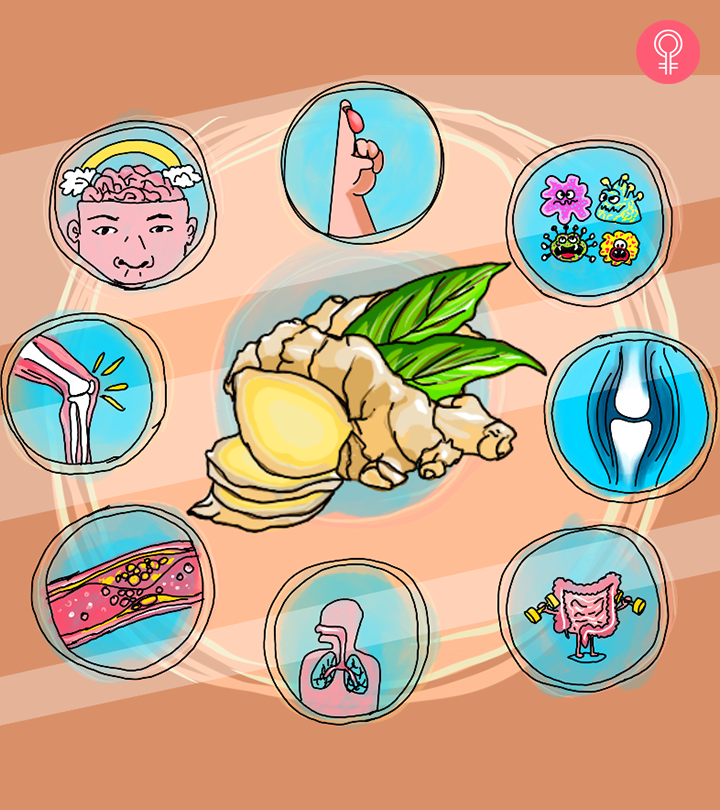


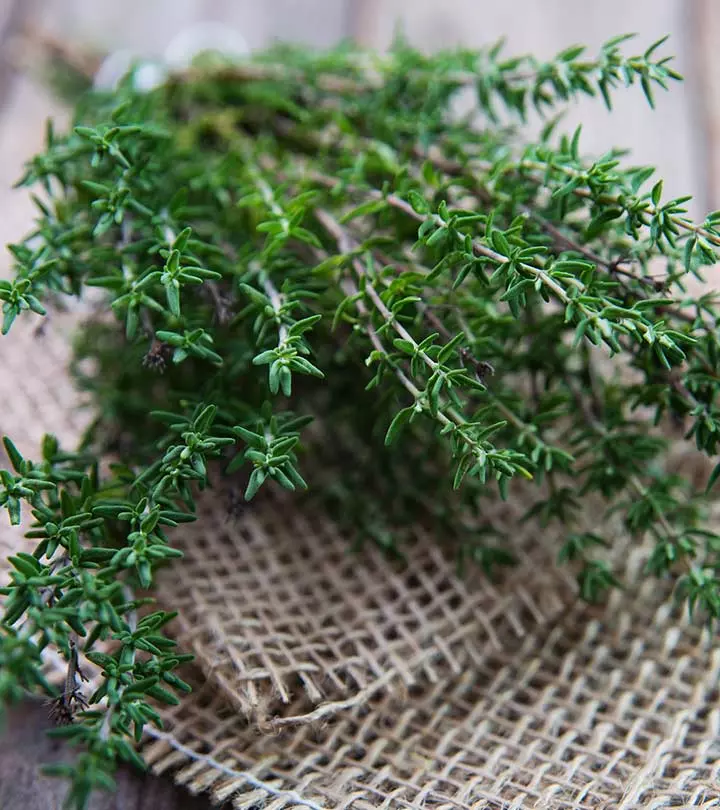
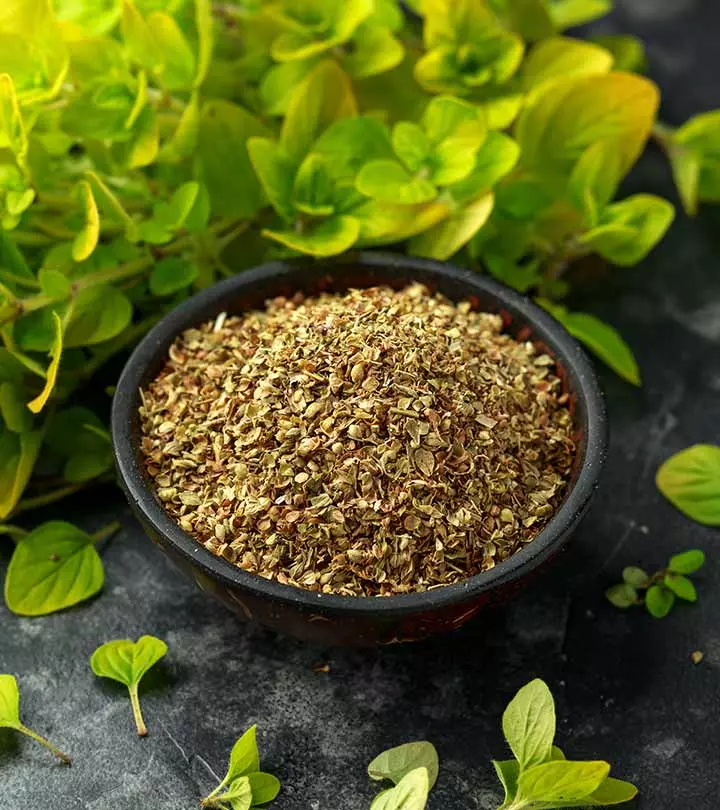
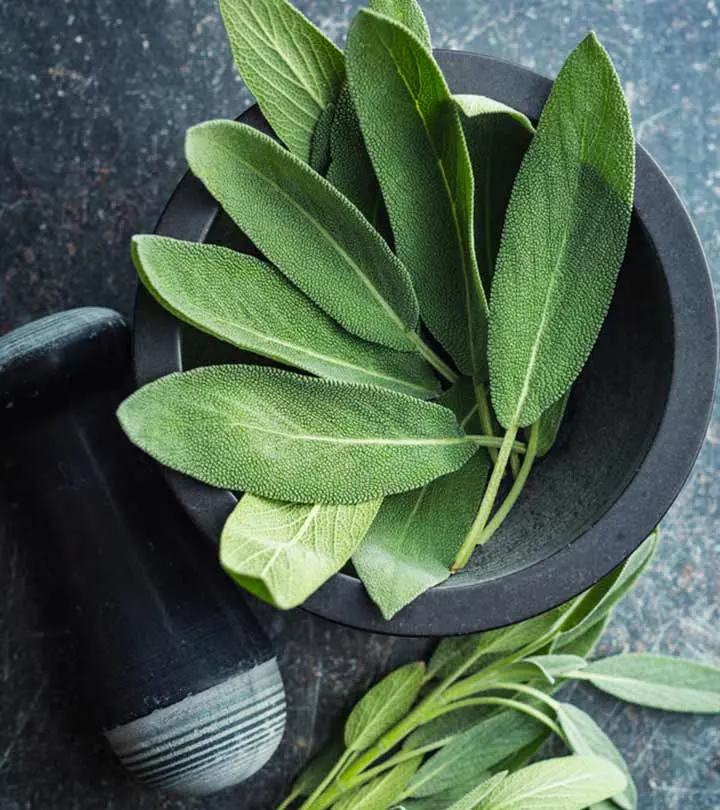


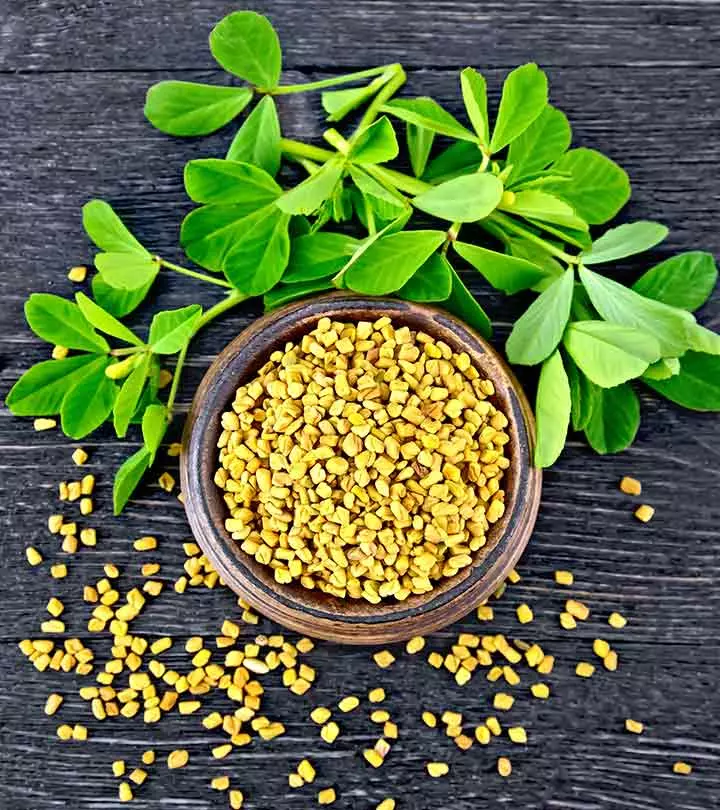



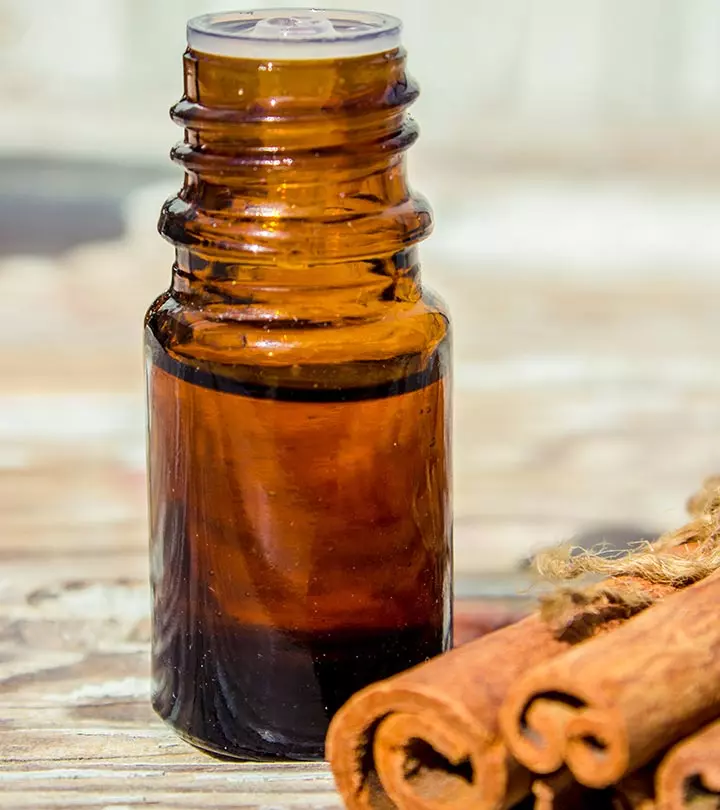
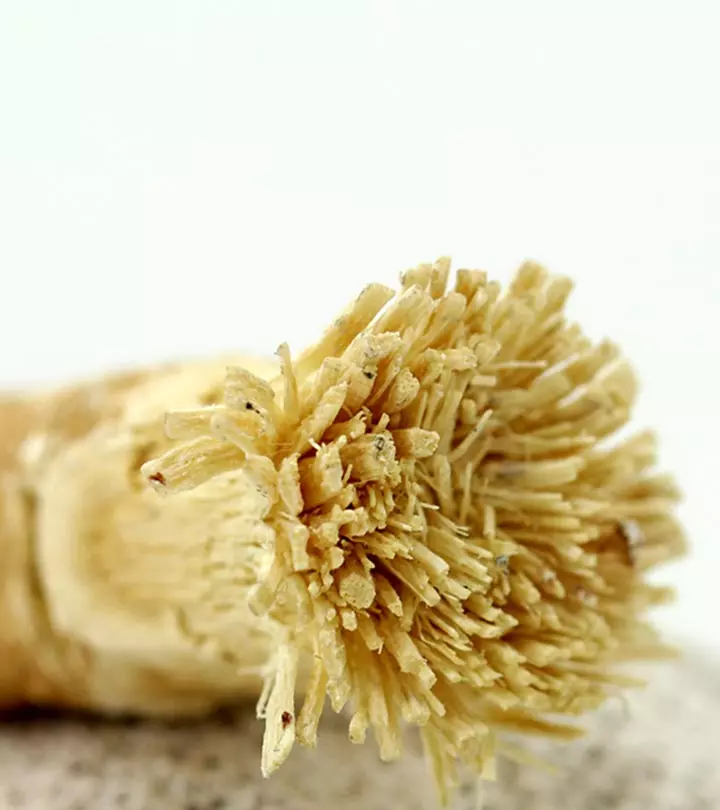

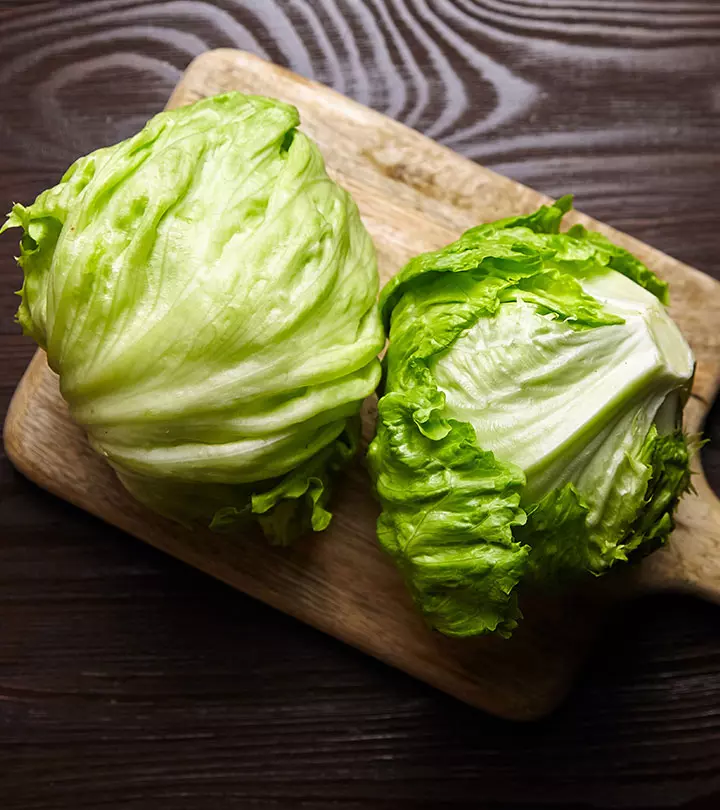





Community Experiences
Join the conversation and become a part of our empowering community! Share your stories, experiences, and insights to connect with other beauty, lifestyle, and health enthusiasts.